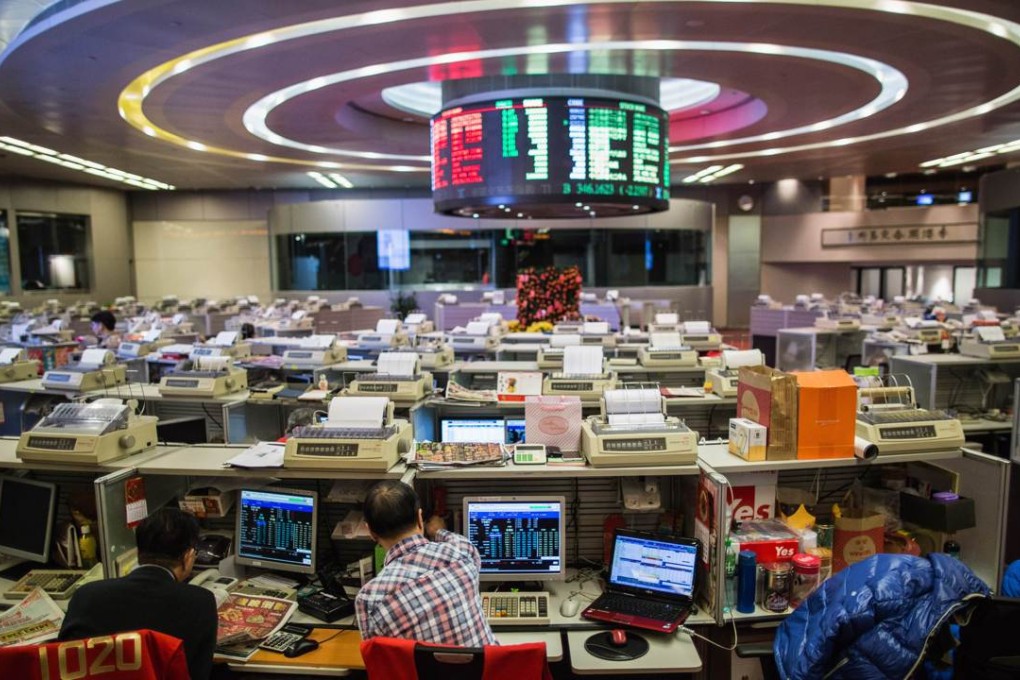The View | Are there any smart people left in finance?
The hedge funds’ supposed investment superiority has been unable to deal with new, unpredictable outcomes and actions that make no sense

Just after the US Fed tried to resume some semblance of interest rate normality markets have already lost about US$5.7 trillion coming into 2016. The market is either in panic mode or experiencing problems coping with the resumption of disciplined risk pricing. Higher volatility in December made every asset class take losses in January.
Attending presentations and meetings, where analysts try to make sense of these markets, is like rewatching the movie Inception – even after multiple viewings no one can explain the illogical events and then you find out the entire story was a confusing dream. You can smell the fear and confusion coming off the Powerpoint presentation as they desperately seek and dispense factoids from their Bloomberg machine to show a soft landing or dispel the notion that financial apocalypse is near.
This made last month’s research note by RBS an especially audacious piece of institutional financial analysis because it simply said sell everything to save your portfolios from the impending doom.
Banks generally don’t allow their analysts to peddle apocalyptic scenarios because they are too risky for their reputations. Research analysts make their money by identifying trends- price, economic or market targets over a certain period, and convincing clients to trade into it. Calling an “End of Times” market is unprofitable and possibly career suicide. So that’s why it’s usually territory covered by blogs, independent research outfits and self-styled gurus.
Banks generally don’t allow their analysts to peddle apocalyptic scenarios because they are too risky for their reputations
Anyone working for a major financial institution or investment manager must abide by some version of the perfect market hypothesis where markets eventually and accurately price assets. But, for the last eight years government intervention has twisted markets to the point that prices didn’t make sense.
Financial professionals have no choice but to cling to the canon preached by business schools otherwise the whole philosophy and exhortation about maintaining a long term, balanced portfolio would quickly self-destruct. Asset managers can’t make a living if clients hold cash.
